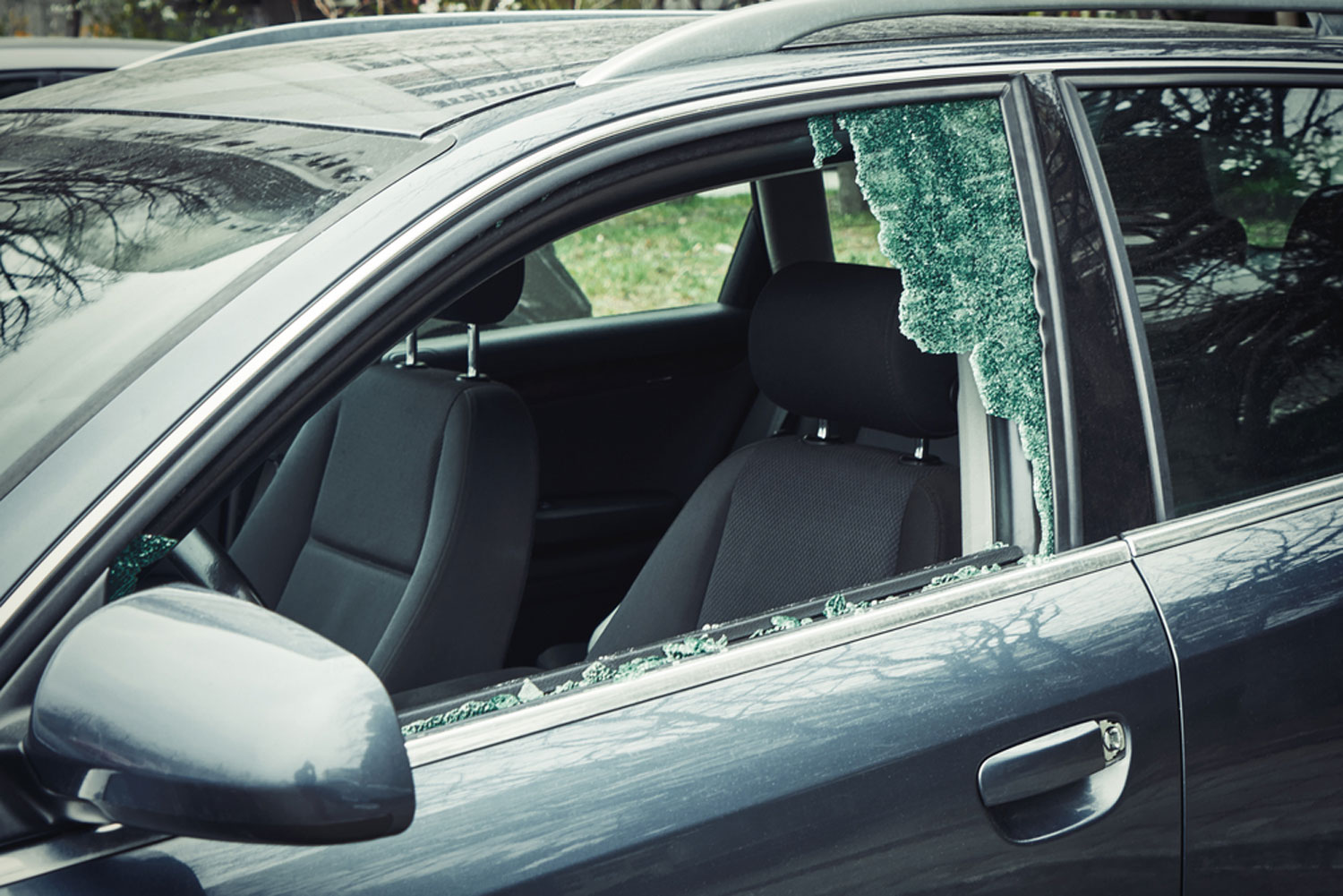Why Some Hyundai and Kia Models Are So Easy To Steal
A missing component and social media have made certain models prime targets for theft.
 Shutterstock
Shutterstock
In July 2022, a Milwaukee-based group calling themselves the Kia Boys (or Kia Boyz) posted a video to TikTok revealing how easy it is to steal some modern Kia and Hyundai models with everyday tools. This led to the so-called Kia Challenge, where people across the nation tried their hand at stealing these vulnerable cars, then shared their success on TikTok and YouTube. As you might imagine, this has caused quite a headache for Kia and Hyundai. Here, we look at what makes certain models easy to steal, how the manufacturers are responding to the issue, and what affected owners should do to protect their cars.
Why Are Thieves Targeting Hyundais and Kias?
Many modern Hyundais and Kias lack a useful anti-theft device called an immobilizer, which prevents a vehicle from starting when someone attempts to use a key or key fob that doesn’t match the car. This means that thieves can simply break into the vehicle, remove the steering column cover, jam a makeshift key into the ignition cylinder, and start the car.
Which Models Are Vulnerable?
According to multiple class-action lawsuits filed last year, 2011-2021 model year Kias and Hyundais without immobilizers—identifiable by their keyed ignitions—are prime targets. Owners with push-button start needn’t worry so much, as their vehicles came standard with this theft-prevention measure.
How Are Kia and Hyundai Responding?
Hyundai introduced a security kit, consisting of a glass-break sensor that sets off an alarm and immobilizes the ignition when tripped. Though widely available, this is an unpopular fix, as car owners have to pay $170 for the unit while also covering the cost of installation.
Hyundai and Kia have also donated steering-wheel locks to police departments in impacted areas to distribute to owners of affected vehicles. And both brands have told news outlets that they’re working on a software update—expected in the first half of 2023—that will presumably address this vulnerability. Lastly, as of the 2022 model year, immobilizers have become standard equipment across both lineups.
If You Own One of the Affected Models, What Should You Do?
This is no small thing. Data released from police departments show that thieves are stealing these vehicles with alarming frequency (to the point where insurance companies are reassessing whether to offer comprehensive policies to new clients with affected Kias and Hyundais). To keep yours protected until the software solution arrives, you could cough up the $170 (and installation fee) for Hyundai’s controversial security kit, as it’s likely cheaper than having your car stolen.
Or you might consider installing your own theft-prevention devices, such as a kill switch or brake-pedal lock. Call your police department to inquire about getting a free steering wheel lock, or simply purchase an affordable one from an auto parts store or online retailer.
Finally, it may prove worthwhile to look into the class-action lawsuits involving this issue. You may still be eligible to join the class and could potentially receive compensation or some other remedy in the future.
Written by humans.
Edited by humans.
 Mark Hacking
Mark HackingMark Hacking is an award-winning writer with more than 20 years experience covering the automotive scene for some of the world's most popular publications. Mark holds an FIA International Race license and has his sights set on competing in the Rolex 24 at Daytona in the future. He was the first automotive journalist to race in the Ferrari Challenge series (in 2013) and the Jaguar I-PACE eTrophy series (in 2019).
Related articles
View more related articles